Whenever I run the url https://scholar.google.com/citations?user=N7m4vIQAAAAJ&hl=en in private windows of Safari and Google Chrome, Google gives an errors.
It happens only on the first request with private browsing mode.
Anybody knows why this happens only in specific environment? This has been happening since 3 days ago.
-- an error message and a capture
Server Error
We're sorry but it appears that there has been an internal server error while processing your request. Our engineers have been notified and are working to resolve the issue.
Please try again later.
--- added
The header file includes
http header response
Cache-Control: no-cache, must-revalidate
Content-Encoding: gzip
Content-Type: text/html; charset=UTF-8
Date: Mon, 16 Nov 2015 19:35:39 GMT
Expires: Fri, 01 Jan 1990 00:00:00 GMT
Pragma: no-cache
Server: citations
Set-Cookie: NID=73=eF98qod1NpYg7nb03RUToiSiacFgqNoZxQ4CuzqwGlQn53SoR7rHlzO0OExsmYkpRazROCQ3WqKoCsWKFPxp8dZr5pBra6nD1HPcxWUILl9gVAf5Q7GSQc3B0O3TP4gu; expires=Tue, 17-May-2016 19:35:39 GMT; path=/; domain=.google.com; HttpOnly
X-Firefox-Spdy: h2
X-Frame-Options: SAMEORIGIN
X-XSS-Protection: 1; mode=block
p3p: CP="This is not a P3P policy! See http://www.google.com/support/accounts/bin/answer.py?hl=en&answer=151657 for more info."
x-content-type-options: no sniff

